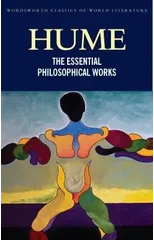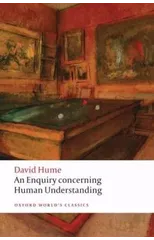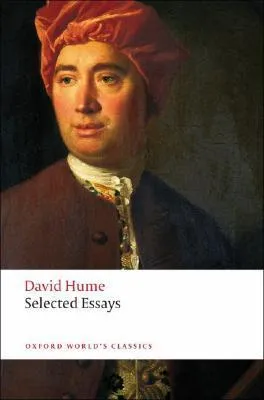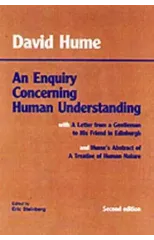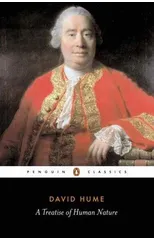Dialogues Concerning Natural Religion, and The Natural History of Religion
(Author) David HumeDavid Hume is the greatest and also one of the most provocative philosophers to have written in the English language. No philosopher is more important for his careful, critical, and deeply perceptive examination of the grounds for belief in divine powers and for his sceptical accounts of the causes and consequences of religious belief, expressed most powerfully in the Dialogues Concerning Natural Religion and The Natural History of Religion. The Dialogues ask if belief in God can be inferred from the nature of the universe or whether it is even consistent with what we know about the universe. The Natural History of Religion investigates the origins of belief, and follows its development from harmless polytheism to dogmatic monotheism. Together they constitute the most formidable attack upon the rationality of religious belief ever mounted by a philosopher. This edition also includes Section XI of The Enquiry Concerning Human Understanding and a letter concerning the Dialogues, as well as particularly helpful critical apparatus and abstracts of the main texts, enabling the reader to locate or relocate key topics.
David Hume
Scottish philosopher David Hume (1711-1776) is best known for his work "A Treatise of Human Nature," which revolutionized philosophy by questioning the foundations of human understanding. His writing style was clear and concise, emphasizing skepticism and empiricism. Hume's contributions to literature include shaping modern philosophy and influencing future thinkers.

